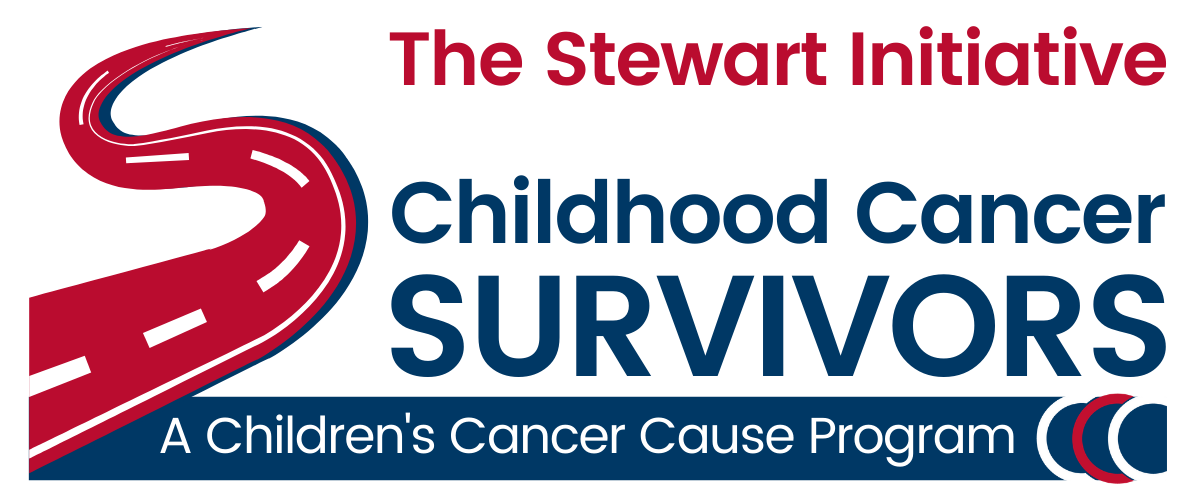As a childhood cancer survivor, it is important for you to be a strong self-advocate. Self-advocacy means being able to speak up for yourself, being informed, knowing how to access reliable information, and taking charge to improve your quality of life.
Many people find it difficult to communicate with healthcare providers, even cancer survivors who have spent a lot of time in hospitals and clinics. It is more than likely that your parents have been in charge of discussions with you and asking questions of your doctors, nurses, and others. It is a new experience for you to be in charge of your own health but an important area for you to take charge of.
Remember that you have years of experience in dealing with your disease and treatment and that healthcare providers want to partner with you to give you the best care and support.
Here are some tips for effective communication with providers:
Before any appointments, write down any questions or concerns you have and bring the list with you. If there are a lot of questions, you may want to let the scheduler know in advance so more time can be provided for your appointment.
Consider bringing a friend or relative with you to take notes. It’s often helpful to have two sets of ears listening, especially if you are nervous or anxious.
If you don’t understand something, repeat back to your doctor or nurse practitioner what you think you heard. It’s okay to ask about the meaning of words you don’t understand or to ask them to write down terms so you can research them further on your own.
Try not to get frustrated if you don’t feel your concerns are being heard, but be persistent. Be assertive without being rude or accusatory.
- Meaghan, lymphoma survivor

